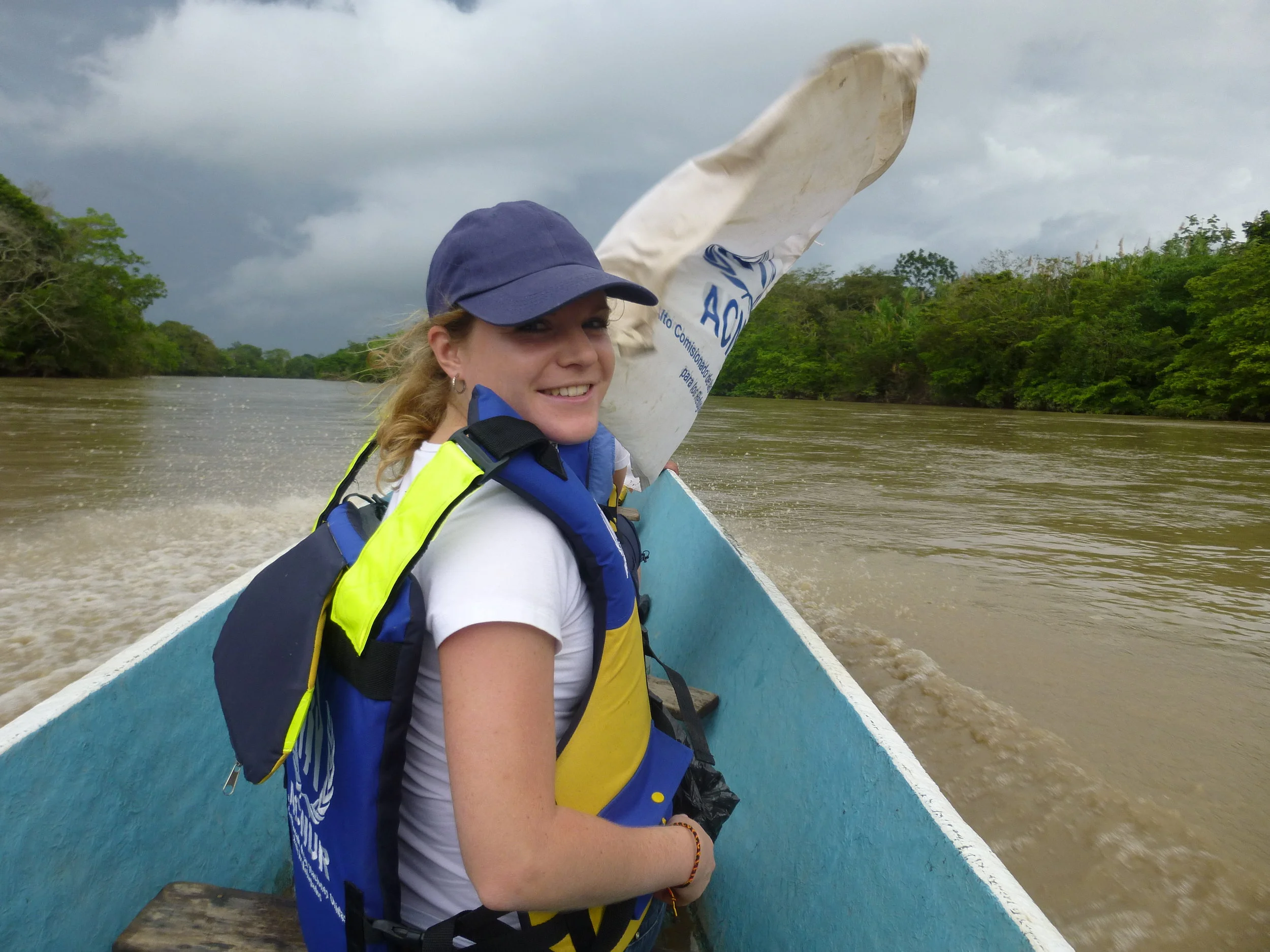PUTTING FRONTIER RESEARCH INTO ACTION: CO-DESIGNING SECURITY POLICIES TO TACKLE VIOLENT NON-STATE GROUPS IN PERIPHERAL SPACES
August 2016
The Revolutionary Armed Forces of Colombia - People’s Army (FARC), the National Liberation Army (ELN), and other violent non-state groups are deeply entrenched in Colombia’s border areas. If a durable peace is to be achieved following the peace agreement, uncertainty over what happens in these border regions must be addressed. A comprehensive post-agreement strategy for Colombia requires a particular focus on the country’s borderlands where it will need to move: • From state neglect to sustainable development; • From insecurity produced by multiple violent non-state groups to citizen security which is focused on people; • From transnational organised crime to lawful economic cross-border opportunities. This policy briefing sets out the challenges and actions in these three key areas. The management of risks and uncertainty over civilian security, particularly in border areas in the period immediately following a peace agreement, is critical to long term stability. This briefing is based on a multi-year study of Colombia’s border areas carried out between 2010 and 2016.






